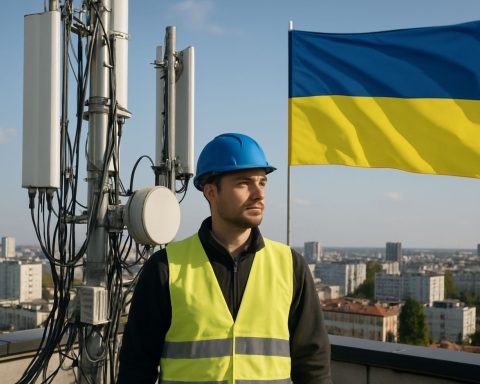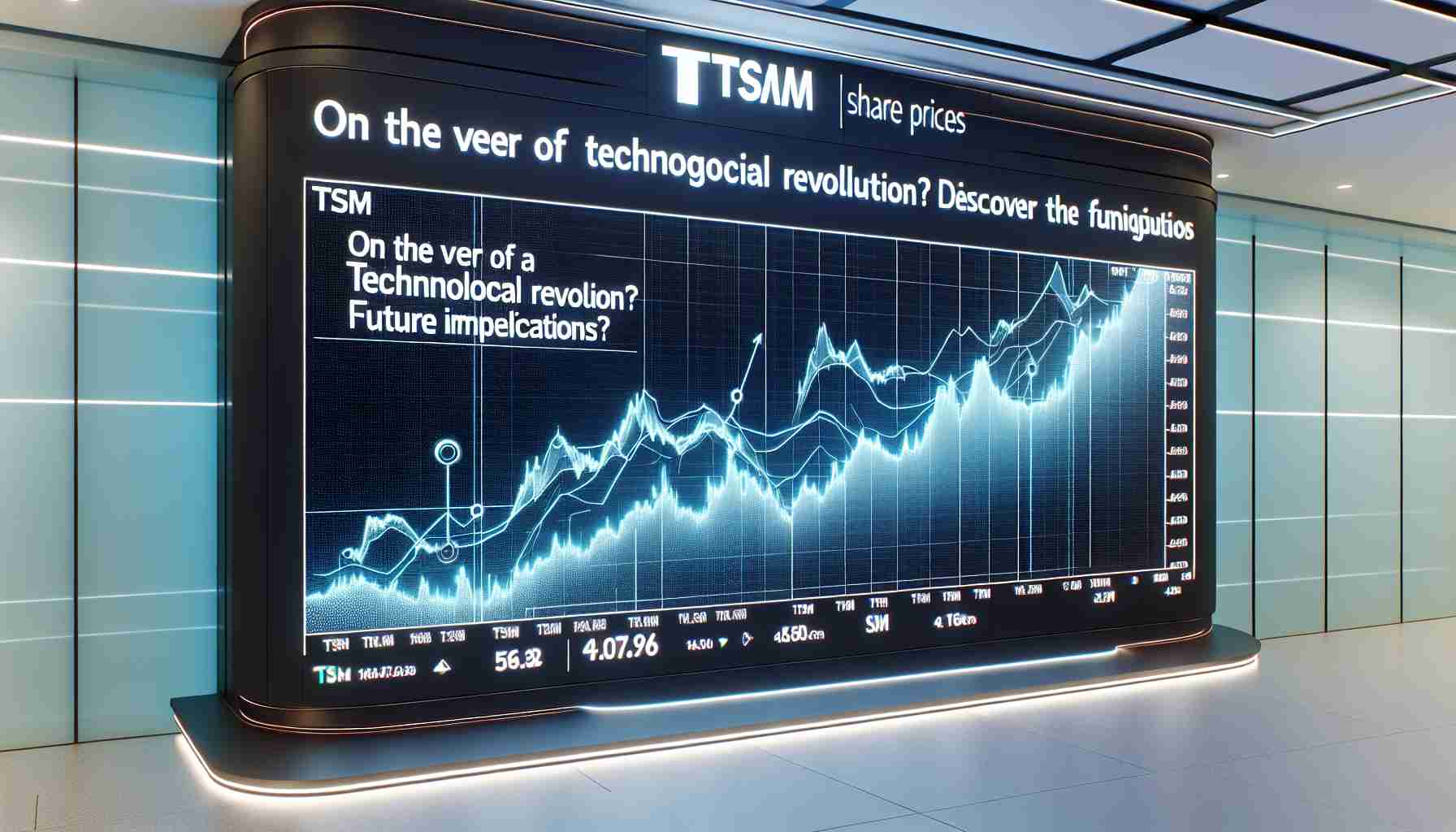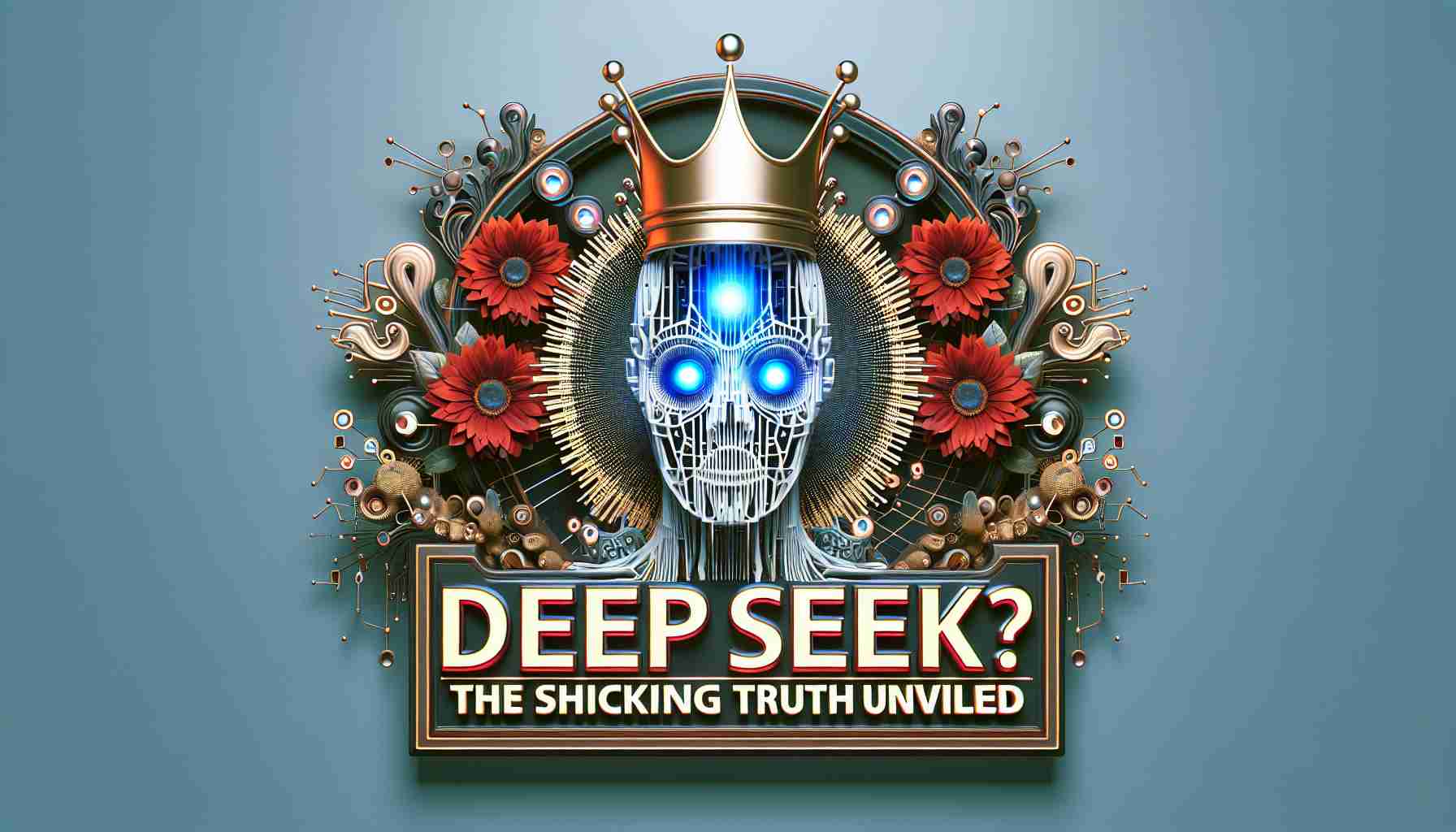- Pope Leo XIV of Chicago envisions a future where technology and traditional values unite, promoting human dignity through artificial intelligence (AI).
- He identifies AI as a critical challenge akin to the industrial revolution, advocating for moral guidance from the Church’s social doctrine.
- Following Pope Francis’s concerns, he highlights AI’s potential to exacerbate inequalities and urges ethical development.
- Pope Leo XIV’s vision calls for AI to enhance humanity, advocating for its role in supporting human dignity and the greater good.
- His leadership seeks a digital renaissance where technology aligns with justice and ethical principles, not undermining human values.
Picture a future where tradition meets technology in a harmonious dance orchestrated by the divine touch of the Catholic Church. Enter Pope Leo XIV, the first pontiff hailing from the heart of Chicago, who beckons the faithful and the secular alike to envision the intersection of artificial intelligence and human dignity. With a nod to the guiding spirit of Leo XIII, known famously for his advocacy of workers’ rights in the late 19th century, Pope Leo XIV adopts the hallowed name, signaling a continuation of labor-inspired reforms into the digital age.
In a groundbreaking address to the bishops, Pope Leo XIV cast artificial intelligence as a fresh frontier—one rife with promise and peril. He emphasized that the Church’s rich tradition of social doctrine serves as a beacon for navigating the moral and ethical challenges AI presents. His words reverberated with urgency, identifying AI as one of humanity’s most monumental challenges, poised to reshape core societal structures much like the first industrial revolution.
Pope Leo XIV channels the foresight of his predecessor, Pope Francis, whose own tenure was marked by a clarion call for ethical AI—a recurring theme across global forums like the G7 Summit and the World Economic Forum. Pope Francis had often warned of AI’s potential to exacerbate inequalities, likening its evolution to a “cognitive industrial revolution” that might widen gaps between developed and developing nations, as well as between societal classes.
In light of these concerns, Pope Leo XIV urges a reassessment of AI’s role in upholding human dignity and promoting the greater good. His vision encourages creators and developers of AI technologies to ensure these innovations serve humanity, without compromising ethical values. His message is a rallying cry for an AI-driven future where efficiency complements, rather than conflicts with, the intrinsic worth of every individual.
The intricate balancing act that Pope Leo XIV champions is not merely about keeping pace with technological advancements. It is about inviting humanity to engage with AI in ways that enhance, rather than diminish, human vocation and community cohesion. His leadership embodies an invitation to explore an enlightened era—one where the digital renaissance harmonizes with age-old tenets of dignity and justice.
As we stand at the precipice of this new digital dawn, let us ponder Pope Leo XIV’s vision, where technology does not detour us from our humanity, but rather draws us closer to the ethical ideals that define it. In this evolving narrative, the Church not only catches up with modernity but steps boldly into the vanguard of ethical discourse, ensuring that AI remains a servant, not a master, of human destiny.
Revolutionizing Faith: How Pope Leo XIV Is Steering AI Towards a Future of Ethical Promise
Navigating the AI and Human Dignity Intersection
In a digital age where the lines between man and machine increasingly blur, Pope Leo XIV emerges as a pivotal figure, steering the dialogue on artificial intelligence (AI) towards an ethical future. A Chicago native, the pontiff recognizes the Church’s potential to guide society through AI-related ethical dilemmas, much like his predecessor Leo XIII did for workers’ rights over a century ago.
The Ethical Landscape of AI
Insights & Predictions:
– Pope Leo XIV is poised to influence both secular and religious spheres with his vision rooted in the Catholic Church’s tradition of social teachings. This doctrine, conceived to address social justice and workers’ rights, is now being adapted to encompass the ethical development and deployment of AI.
– The pontiff’s focus on “AI as a fresh frontier” highlights the urgent need to craft laws and ethical guidelines that prioritize human dignity amidst rapid technological changes.
The Global Impact of AI
Real-World Use Cases:
– In developed countries, AI has the potential to optimize industries, boosting productivity and creating advanced job roles. However, Pope Leo XIV stresses the importance of safeguarding jobs and ensuring that AI serves humanity, not just economic interests.
– For developing nations, AI presents an opportunity for technological leapfrogging but also raises the specter of increased inequality. The Pope’s call to action emphasizes equal access to AI benefits across global economies.
Controversies & Limitations
Ethics and Potential Pitfalls:
– One of the pressing questions concerns the autonomy of AI. As machines become more capable, determining the ethical extent of their decision-making is crucial. This echoes Pope Francis’s warnings about AI’s potential to widen societal gaps.
– Critics argue that religious institutions might lack the technical expertise to meaningfully influence AI policy. However, Pope Leo XIV’s approach underscores a collaboration between theologians, ethicists, and technologists.
Engaging with AI Ethically
How-To Steps & Life Hacks:
1. Develop Ethical AI Frameworks: Engineers and policymakers should collaborate to develop AI systems that align with moral guidelines, ensuring technology enhances, not undermines, human welfare.
2. Promote AI Education and Literacy: Enabling a broader understanding of AI among the general populace will empower individuals and communities to make informed decisions about AI applications.
3. Encourage Diverse Perspectives: Inclusion of various stakeholders, including underrepresented communities, in AI development processes ensures a more comprehensive ethical standpoint.
The Church’s Role in the AI Revolution
Pros & Cons Overview:
– Pros: The Church’s involvement brings a holistic ethical perspective, stressing the importance of human dignity and social justice in technology.
– Cons: There might be resistance to change, both from traditionalists within the Church and from secular tech communities skeptical of religious oversight.
Actionable Recommendations
– Integrate Ethical Discussions Early: Tech companies should incorporate ethics into their project cycles from the outset.
– Encourage Interdisciplinary Dialogues: Facilitating conversations between theologians, ethicists, industry leaders, and governments can help create a balanced approach to AI.
In conclusion, Pope Leo XIV’s vision challenges the world not to fear AI, but to embrace it consciously—with an unwavering commitment to ensuring that technology and human dignity march hand in hand toward a promising future. For more insights and information on ethical AI and its global impact, visit the Vatican’s official website.







